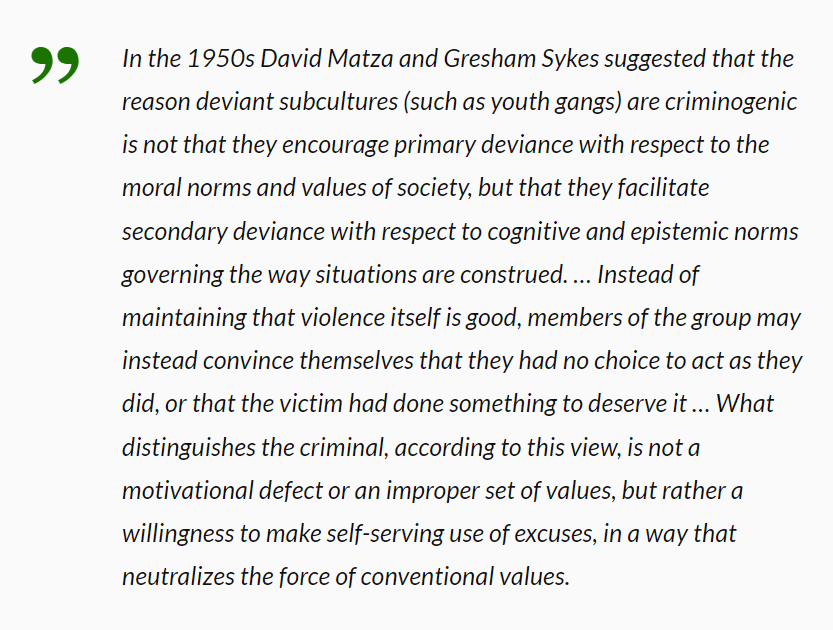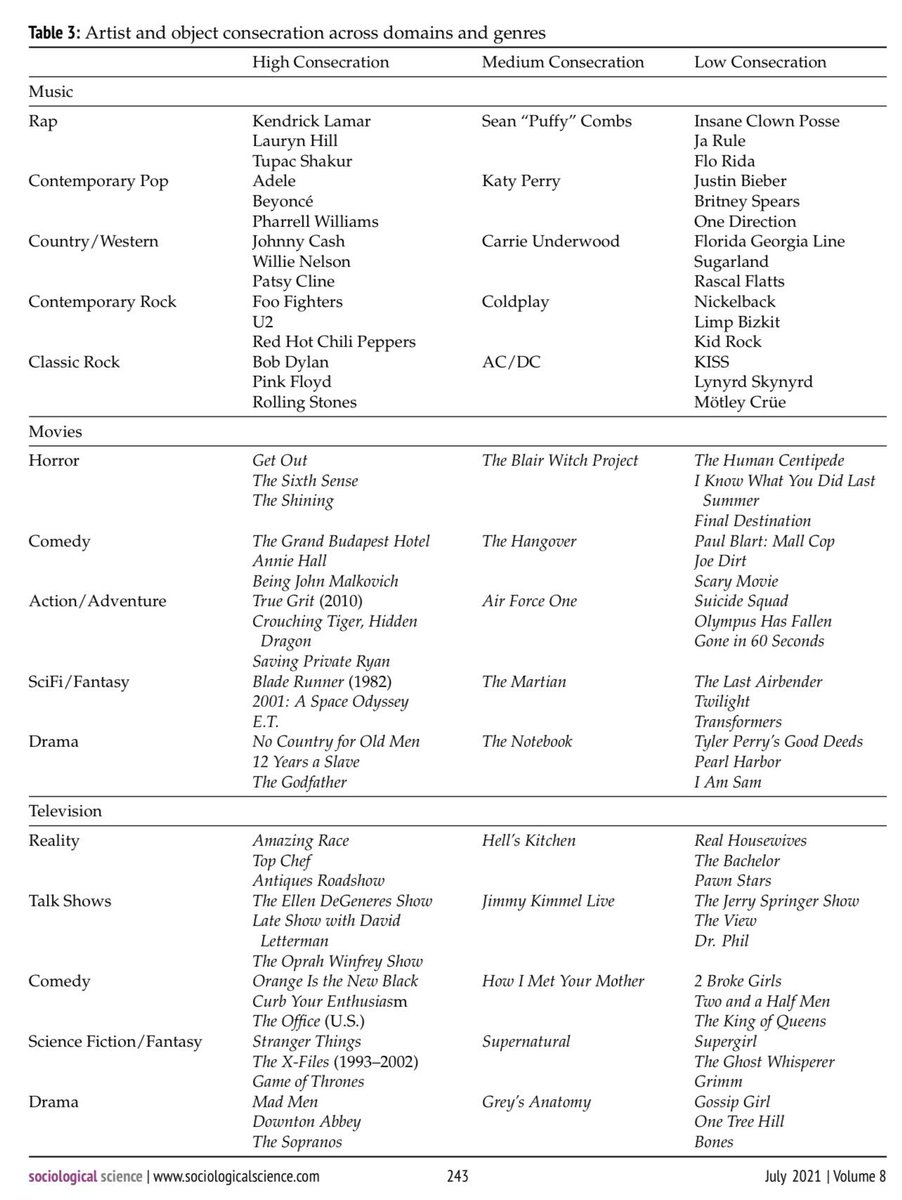
Chief economist @joinFAI. Nonresident fellow @NiskanenCenter. Pluralist. 'The world is second best, at best.' | samuel@thefai.org
3 subscribers
How to get URL link on X (Twitter) App


https://twitter.com/cremieuxrecueil/status/1972792639906050093For one, Joseph Smith had the benefit of knowing circa 1830 that other planets existed, and so incorporated it into LDS theology.

 There is a way to rebalance America’s trade with the rest of the world, and it isn’t through tariffs.
There is a way to rebalance America’s trade with the rest of the world, and it isn’t through tariffs.
https://x.com/hamandcheese/status/1886144860920373587

 @ByrneHobart I'm looking forward to the new Richard Langlois book which deals with these themes in the context of 20th century managerialism. As he notes, the second-best logic of vertically integrated managerialism already began unwinding in the 70s. amazon.com/Corporation-Tw…
@ByrneHobart I'm looking forward to the new Richard Langlois book which deals with these themes in the context of 20th century managerialism. As he notes, the second-best logic of vertically integrated managerialism already began unwinding in the 70s. amazon.com/Corporation-Tw… 



https://twitter.com/ten90nine/status/1600303131170332672In any scenario where AI leads to super abundance it will be hard not to share in the wealth by accident. Monetary wealth would be a lot less relevant in general. Unless there's a middle-period where you need wealth to buttress the societal effects of sub-superintelligence.







https://twitter.com/DavidBeckworth/status/1545086596193652737The Malthusian intuition is for more people to equal less per person. So how can a growing population grow *per-capita* living standards?

https://twitter.com/GuestCongress/status/1537437946478854144A populist Republican running for Congress in Mississippi is proposing a large child allowance for married families in Mississippi. Welcome to 2022. Though not sure why younger kids get less and not the other way around.


https://twitter.com/William_Blake/status/1527317608722182144@tylercowen @danielgross The Austrian school is differentiated from other schools of economics by two related conceptual moves:


 This study corroborates widely discussed 2018 findings that used random assignment in Tennessee's pre-K program.
This study corroborates widely discussed 2018 findings that used random assignment in Tennessee's pre-K program.

 It's interesting to see which Congress people are the most active in the stock market. I think these are trading volumes for the past 365 days.
It's interesting to see which Congress people are the most active in the stock market. I think these are trading volumes for the past 365 days. 


 I got booted after "speaking up and taking action" to explain why their claims to equity and inclusion were actually deeply exclusionary, alienating, and even classist for anyone leading a team that's genuinely diverse and not a bunch of progressive drones.
I got booted after "speaking up and taking action" to explain why their claims to equity and inclusion were actually deeply exclusionary, alienating, and even classist for anyone leading a team that's genuinely diverse and not a bunch of progressive drones.

https://twitter.com/AngelaRachidi/status/1478867316603506696
 You pay taxes on "money income."
You pay taxes on "money income." https://twitter.com/Noahpinion/status/1478843525345148930"Being Tom Cruise" is a high skill job because there's only one Tom Cruise, and he sells a lot of movie tickets. Sure, he does his own stunts, but relative to other equally skilled stuntmen, that's not what explains his earnings premium.

https://twitter.com/SCC_eng/status/1460601045168574466Did this guy get a little too handsy in college? His hair doo says "yes," but who knows or cares? No Canadian, that's for sure.
